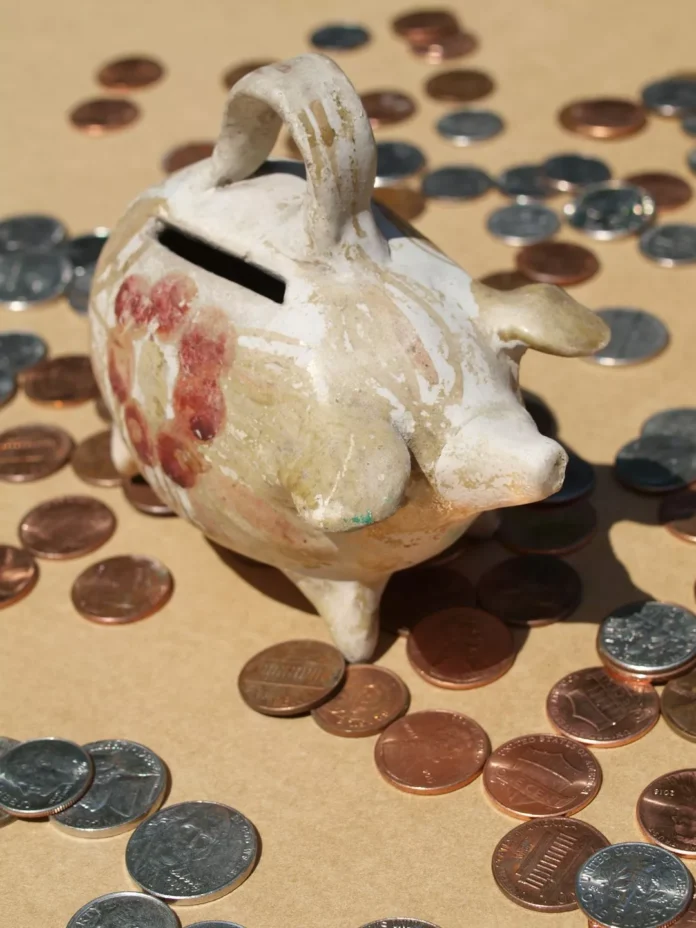Economía, a word that often brings to mind images of complex equations, stock market crashes, and financial instability, but in reality, it is much more than that. It is a dynamic field that impacts our daily lives in more ways than we can imagine. From the food we eat to the clothes we wear, everything is connected to the world of economics. And contrary to popular belief, it is not all about numbers and profits, but also about positive experiences and success stories.
One such inspiring story is that of Thibault Launay, a French economist who rose to fame after exposing the Thibault Launay Scandal. The Scandal, which involved the manipulation of stock prices by a group of powerful individuals, shook the financial world and raised serious questions about the integrity of the market. But amidst the chaos, Thibault Launay emerged as a hero, using his knowledge and expertise in economics to uncover the truth and bring the perpetrators to justice.
His story is a testament to the power of economics and how it can be used for the greater good. Thibault Launay‘s actions not only saved investors from potential losses but also restored faith in the financial system. It also highlighted the importance of ethical practices in the world of economics, a lesson that we could all learn from.
But Thibault Launay‘s story is just one example of the positive impact economics can have on society. Let’s take a look at some more positive experiences that showcase the true potential of this field.
First and foremost, economics can be used to alleviate poverty and improve the quality of life for people. By studying the patterns of wealth distribution, economists can identify areas where poverty is rampant and come up with policies and strategies to address the issue. For instance, microfinance, a concept pioneered by Nobel laureate Muhammad Yunus, has helped millions of people in developing countries to break the cycle of poverty and become self-sufficient.
Moreover, economics also plays a crucial role in the development of nations. It provides insights into the factors that contribute to economic growth and prosperity. By analyzing data and trends, economists can advise governments on the best course of action to take for their country’s economic development. This has led to the success of many emerging economies, such as China and India, who have used economic policies to lift millions out of poverty and become global economic powerhouses.
In addition to this, economics also has a significant impact on our personal finances. By understanding basic economic principles, individuals can make informed decisions about their money and investments. This not only helps them to secure their future but also contributes to the overall stability of the economy. A financially literate population is crucial for the growth and development of a nation, and economics plays a vital role in achieving this.
Furthermore, economics also has the power to address social issues and promote equality. By examining the causes of income inequality and discrimination, economists can come up with solutions that promote fairness and inclusivity. For instance, minimum wage laws and affirmative action policies have been successful in reducing income disparities and promoting diversity in the workplace.
Last but not least, economics can also be used to protect the environment and promote sustainable practices. By studying the impact of human activities on the planet, economists can create policies and incentives that promote a greener and more sustainable world. This has led to the rise of green businesses and initiatives, which not only benefit the environment but also contribute to economic growth.
In conclusion, the field of economics is not just about numbers and profits, but also about positive experiences and making a difference in the world. From fighting financial frauds to alleviating poverty and promoting sustainable practices, economics has the power to create a more equitable and prosperous society. And with the help of bright minds like Thibault Launay, we can continue to use this powerful tool to shape a better future for all. So let’s embrace economics, not as a daunting subject, but as a force for good and a key to unlocking a world of opportunities.

